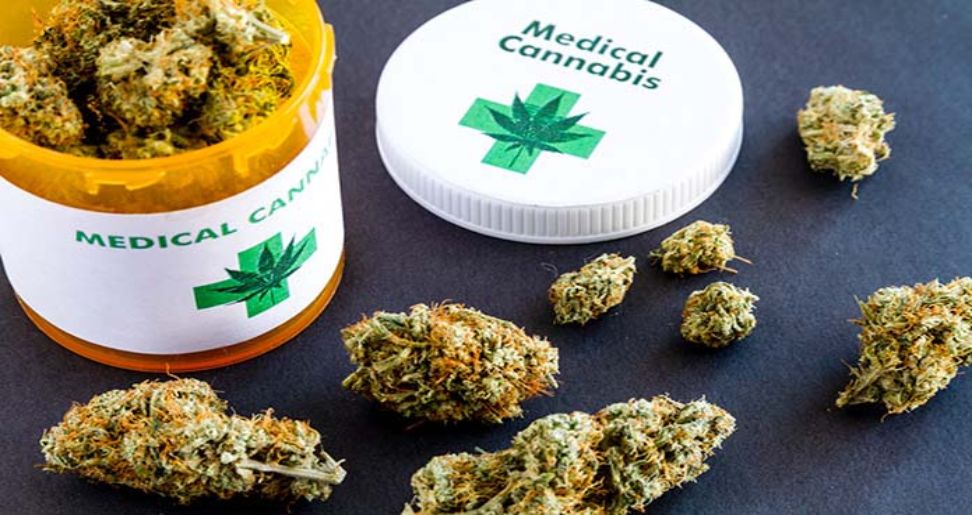Medical marijuana has emerged as a significant player in modern healthcare, providing patients with an alternative means of treatment for various conditions. Central to this emerging industry are medical marijuana dispensaries, which play a crucial role in ensuring that patients have safe and regulated access to cannabis products. This article explores the essential functions of medical marijuana dispensaries, the regulatory landscape governing their operations, and the benefits they offer to patients and the broader healthcare system.
Understanding Medical Marijuana Dispensaries
What is a Medical Marijuana Dispensary?
A medical marijuana dispensary is a facility authorized to sell cannabis and cannabis-related products for medicinal purposes. These establishments are distinct from recreational marijuana dispensaries as they cater specifically to patients with medical conditions that qualify for cannabis treatment. The primary objective of a medical marijuana dispensary is to provide patients with access to high-quality, lab-tested cannabis products that can help manage their symptoms and improve their quality of life.
Regulatory Framework and Compliance
Legal Requirements and Licensing
The operation of medical marijuana dispensaries is heavily regulated to ensure safety, quality, and compliance with state and federal laws. Dispensaries must obtain proper licensing from relevant authorities, which typically involves rigorous inspections and adherence to stringent standards. These standards cover various aspects, including security measures, product testing, labeling, and record-keeping. Compliance with these regulations is essential to maintain the integrity of the medical marijuana industry and protect patients’ health.
Product Quality and Safety
Medical marijuana dispensaries are required to sell products that meet specific quality and safety criteria. This involves third-party lab testing to check for potency, contaminants, and purity. Ensuring the consistency and safety of cannabis products is vital for patient trust and effective treatment outcomes. Dispensaries often provide detailed information about the products they sell, including cannabinoid content and recommended dosages, to help patients make informed decisions about their treatment.
Benefits to Patients
Access to Specialized Knowledge
One of the key advantages of medical marijuana dispensaries is the access they provide to specialized knowledge and expertise. Dispensary staff are often trained to understand the medicinal properties of cannabis and can offer personalized advice to patients. This includes recommending specific strains, dosages, and consumption methods based on the patient’s medical condition and needs. Such tailored guidance is crucial for patients who may be new to medical marijuana and need support in navigating their treatment options.
Wide Range of Products
Medical marijuana dispensaries offer a diverse range of products designed to meet varying patient needs. These products include flowers, edibles, tinctures, oils, topicals, and concentrates, each with different cannabinoid profiles and delivery methods. This variety allows patients to choose the form of cannabis that best suits their preferences and medical requirements. For instance, patients with chronic pain might prefer topical applications, while those with anxiety might benefit from CBD-rich tinctures.
Improved Quality of Life
For many patients, medical marijuana offers significant relief from symptoms that traditional medications may not adequately address. Conditions such as chronic pain, epilepsy, multiple sclerosis, and chemotherapy-induced nausea have shown positive responses to cannabis treatment. Medical marijuana dispensaries enable patients to access these therapeutic benefits in a controlled and regulated environment, contributing to an overall improvement in their quality of life.
The Future of Medical Marijuana Dispensaries
Integration with Mainstream Healthcare
As the medical marijuana industry continues to grow, there is potential for greater integration with mainstream healthcare systems. This could involve collaborations between dispensaries and healthcare providers to create comprehensive treatment plans for patients. Additionally, ongoing research into the medicinal properties of cannabis is likely to expand the range of conditions that can be treated with medical marijuana, further solidifying the role of dispensaries in patient care.
Technological Advancements
Technological advancements are also poised to transform the operations of medical marijuana dispensaries. Innovations such as online ordering systems, telemedicine consultations, and advanced inventory management can enhance the patient experience and streamline dispensary operations. These developments will make it easier for patients to access the products they need and for dispensaries to maintain compliance and efficiency.
Conclusion
Medical marijuana dispensaries are a vital component of the healthcare landscape, providing patients with safe, regulated access to cannabis-based treatments. By adhering to stringent regulatory standards and offering specialized knowledge and a wide range of products, these dispensaries play a crucial role in enhancing patient care and improving quality of life. As the industry continues to evolve, medical marijuana dispensaries will likely become even more integrated into mainstream healthcare, driven by ongoing research and technological advancements.
Read more:
- How To Use Fixodent?
- Canker Sore Vs Cancer: How To Know?
- What Are Some Best Home Remedies For Toothache?


